Do your hands shake when trying to capture that perfect shot? Maybe your mind goes blank when setting up for an important photo session?
Many photographers feel scared or nervous when picking up their cameras. The pressure to get the perfect angle, dealing with changing light, or worrying about client expectations can make anyone feel uneasy.
These feelings are very common, and there’s nothing wrong with having them. Photography should be fun, not scary!
The good news is that camera nerves can be managed. With a few simple tips and tricks, any photographer can learn to feel more at ease during shoots.
Let’s explore how to transform those anxious moments into productive photography sessions that yield images you’ll be proud to share.
What is Anxiety Photography?
Anxiety photography occurs when fear or worry interferes with a photographer’s ability to create effectively. It’s when someone feels so nervous that they can’t enjoy the process or take good pictures.
This anxiety can affect anyone, from beginners learning the basics of camera use to professionals recording important events.
Is it normal for photographers to feel anxious during shoots? Absolutely Yes!
Many get nervous when facing challenging lighting, demanding clients, or important events.
Some worry about technical mistakes, others feel pressure to create perfect images, while others don’t enjoy the responsibility of capturing important moments.
These feelings affect both beginners and experts. Even famous photographers sometimes struggle with confidence.
Recognizing that camera anxiety is a common issue can help photographers feel less isolated in their struggles and take steps to overcome it.
Signs of Anxiety for a Photographer
Photographer anxiety shows up in different ways and can seriously impact the quality of work. When a photographer feels anxious during a shoot, both body and mind react in ways that make creating great images more difficult.
Here are common signs of photography anxiety:
- Shaky hands that make it hard to hold the camera steady and capture clear images
- Forgetting camera settings or techniques that are normally second nature
- Racing thoughts that prevent clear, creative decision-making during important shoots
- Blank mind when trying to direct subjects or compose shots under pressure
- Negative self-talk that undermines confidence in your photography skills
- Feeling frozen or unable to make decisions about angles, lighting, or composition
- Overthinking every shot instead of trusting your photographic instincts
- Avoiding challenging photography situations that could help you grow as a photographer
These reasons can cause the photo quality to degrade, potentially leading to mental stress for the photographer.
Reasons Behind Anxiety in Photography
Photography anxiety has many causes that affect how photographers feel when working with their cameras. Understanding these reasons can help find better ways to deal with creative fears.
Mental factors, such as perfectionism, often contribute to photography stress. Some photographers worry their photos will never be good enough, no matter how much they improve.
Others feel like “fakes” who don’t deserve to call themselves photographers, known as impostor syndrome.
What Actually is Impostor Syndrome?
Impostor syndrome is a psychological pattern where individuals doubt their accomplishments and fear being exposed as a “fraud.”Despite various signs of success, they often believe they don’t deserve it and attribute their achievements to luck or timing.
This can lead to stress, low confidence, and avoidance of new challenges. It’s common among high achievers and can affect anyone, regardless of background or skill.
The fear of disappointing clients or missing important moments can create immense pressure. Technical challenges with camera equipment or difficult shooting conditions add another layer of stress.
The comparison trap of social media makes many photographers feel their work doesn’t measure up.
For professionals, the financial pressure of earning a living through photography can turn a passion into a source of anxiety.
Tips & Techniques to Overcome Anxiety
Dealing with photography anxiety takes practice, but many helpful methods exist. These approaches can help calm nerves and make photo sessions more productive and enjoyable.
- Prepare thoroughly: Test equipment, scout locations, and plan shots you’ll take before the big day.
- Create shot lists: Make simple lists of must-have images to ensure nothing important is missed.
- Practice regularly: Work on technical skills in low-pressure situations before important shoots.
- Take breaks: Step away for a few minutes when feeling overwhelmed during a session.
- Bring an assistant: Having a supportive person to handle logistics can reduce pressure.
- Focus on the subject: Connecting with the person or scene being photographed shifts attention away from anxious thoughts.
- Practice deep breathing: Slow breaths can calm the body’s stress response between shots.
- Embrace creative “mistakes”: Some of the most compelling photos come from unexpected moments.
Using Mindfulness to Manage Photography Anxiety
Mindfulness helps photographers stay present in the moment, rather than worrying about the results.
Try focusing completely on what you see through the viewfinder. Notice colors, shapes, and light without judgment. When anxious thoughts arise, gently redirect your attention to what’s in front of you.
Simple grounding exercises, such as feeling the weight of the camera in your hands or the texture of the camera grip, can quickly reduce stress during photo sessions.
With consistent practice and the right mindset, you can turn anxious moments into opportunities for growth and creative expression.
How Photography Can Heal Your Mind? A TEDx Talk
Bryce Evans, a professional photographer and mental health advocate, delivered a powerful TEDx Talk about how photography became a lifeline during his battle with depression and anxiety.
In his deeply personal story, he shares how using the camera helped him express emotions he couldn’t put into words and reconnect with a sense of purpose.
His talk highlights the therapeutic power of creativity and visual storytelling in the recovery process for individuals with mental health issues.
If you’re seeking inspiration or a reminder of how art can heal, his TEDx Talk is well worth watching.
Tools and Resources to Ease Anxiety in Photography
The right tools and resources can make photography much less stressful. These supports help build skills and confidence, making time behind the camera more enjoyable.
- Stable equipment: Quality tripods and image stabilization reduce technical challenges
- Pre-shoot checklists: Written reminders of settings and equipment prevent forgetting essentials
- Camera straps and grips: These provide better handling and security for nervous hands
- Photography education: Courses focused on the specific areas causing anxiety
- Mentorship: Learning from experienced photographers who understand creative struggles
- Practice projects: Self-assigned, low-pressure projects to build confidence
- Online communities: Connect with supportive fellow photographers who share similar challenges
- Technical resources: Apps and tools that help with exposure, composition, or lighting decisions
- Backup systems: Redundant memory cards and batteries reduce technical worry
- Post-processing skills: Knowing how to fix minor issues in editing reduces pressure to get everything perfect in-camera
Using these tools and equipment can also help you easily pass through your anxiety time.
Final Thoughts
Photography anxiety affects many people behind the camera, from complete beginners to experienced professionals with years of practice.
Every photographer feels nervous sometimes – it’s part of the creative process. What matters most is not letting these feelings stop the joy of creating meaningful images.
With practice and patience, camera nerves typically improve over time. The techniques in this guide can help make photography more enjoyable and less stressful.
Remember that some of the most beautiful and impactful photos weren’t technically perfect, but they captured real emotions and magical moments.
The time to overcome camera anxiety varies for every photographer, but the results are well worth it.
Each small step builds confidence that lasts. Keep clicking, be kind to yourself, and soon the camera will feel more like an extension of your creative vision than a source of stress.
The perfect photo isn’t about technical excellence – it’s about creating images that connect with viewers and tell compelling stories.
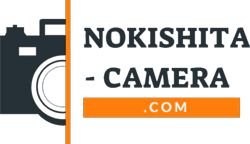
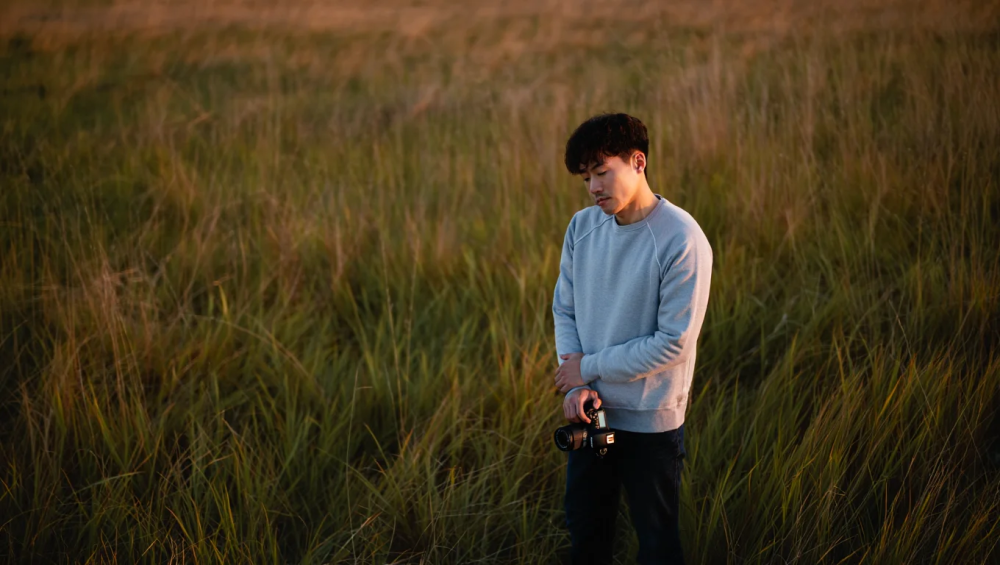
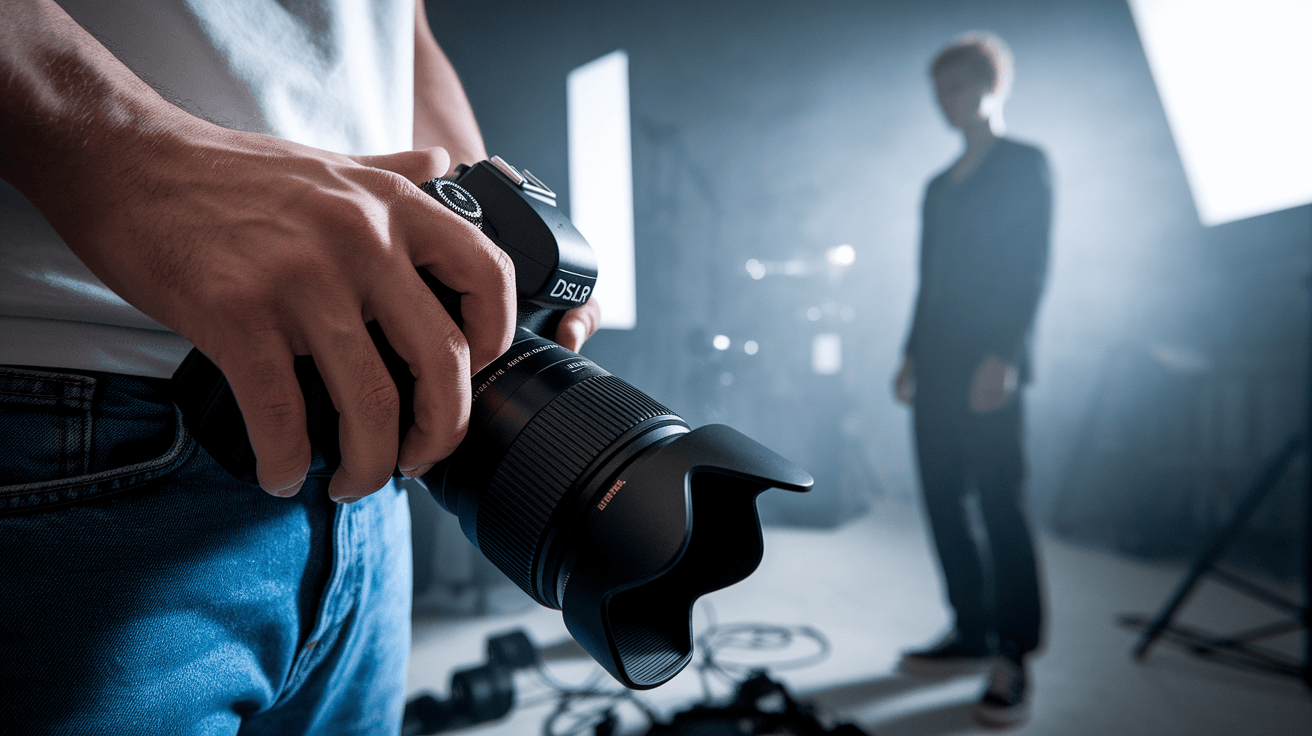
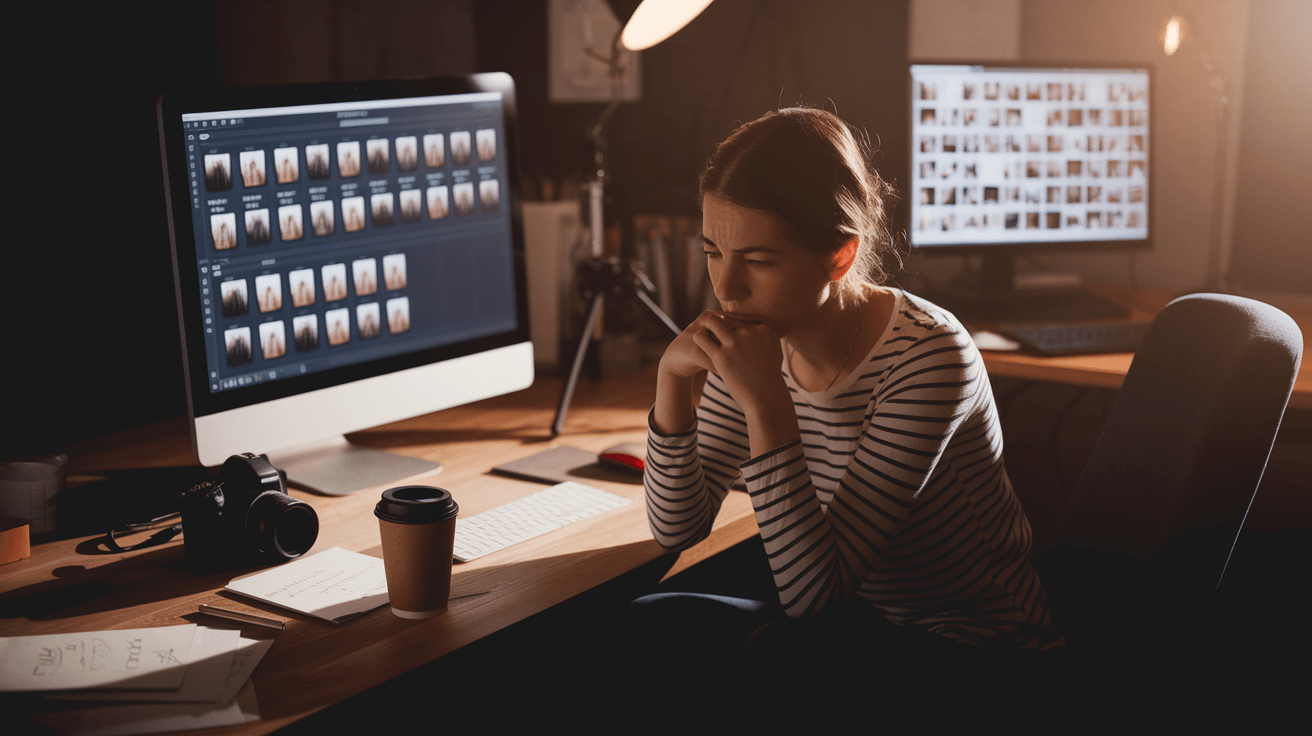
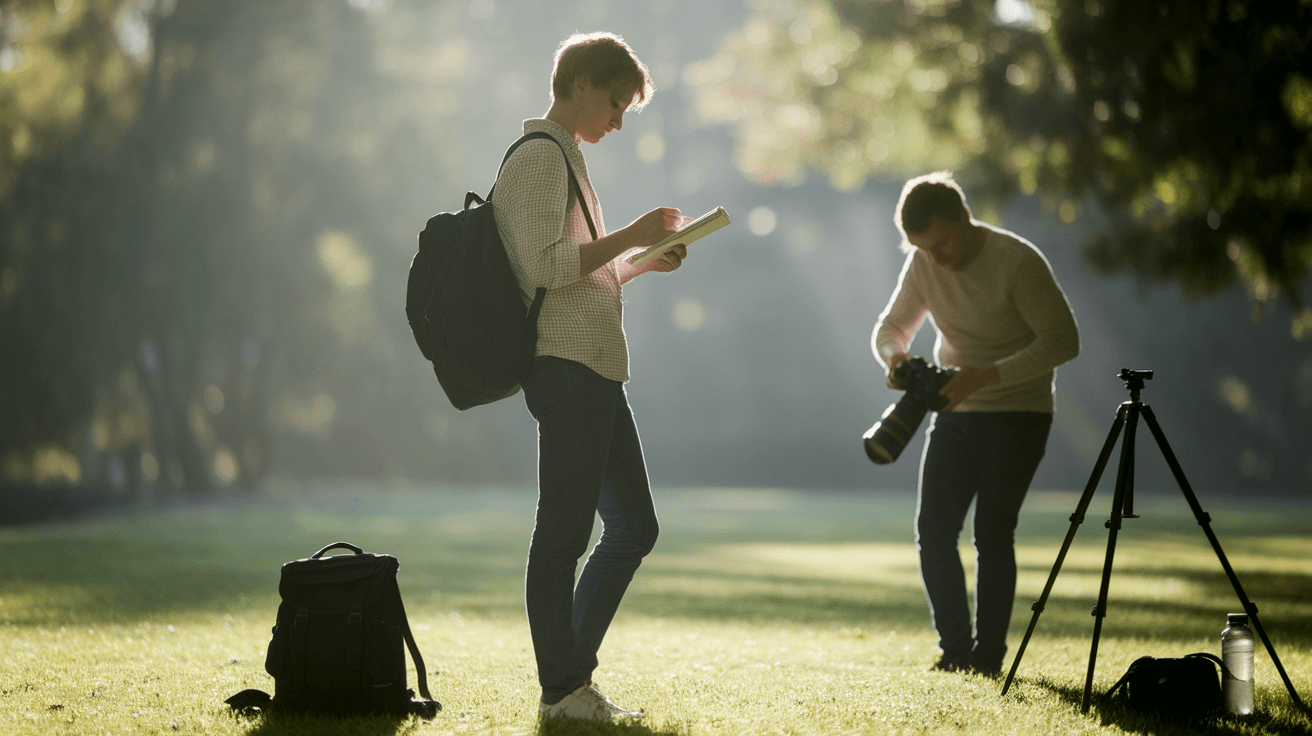
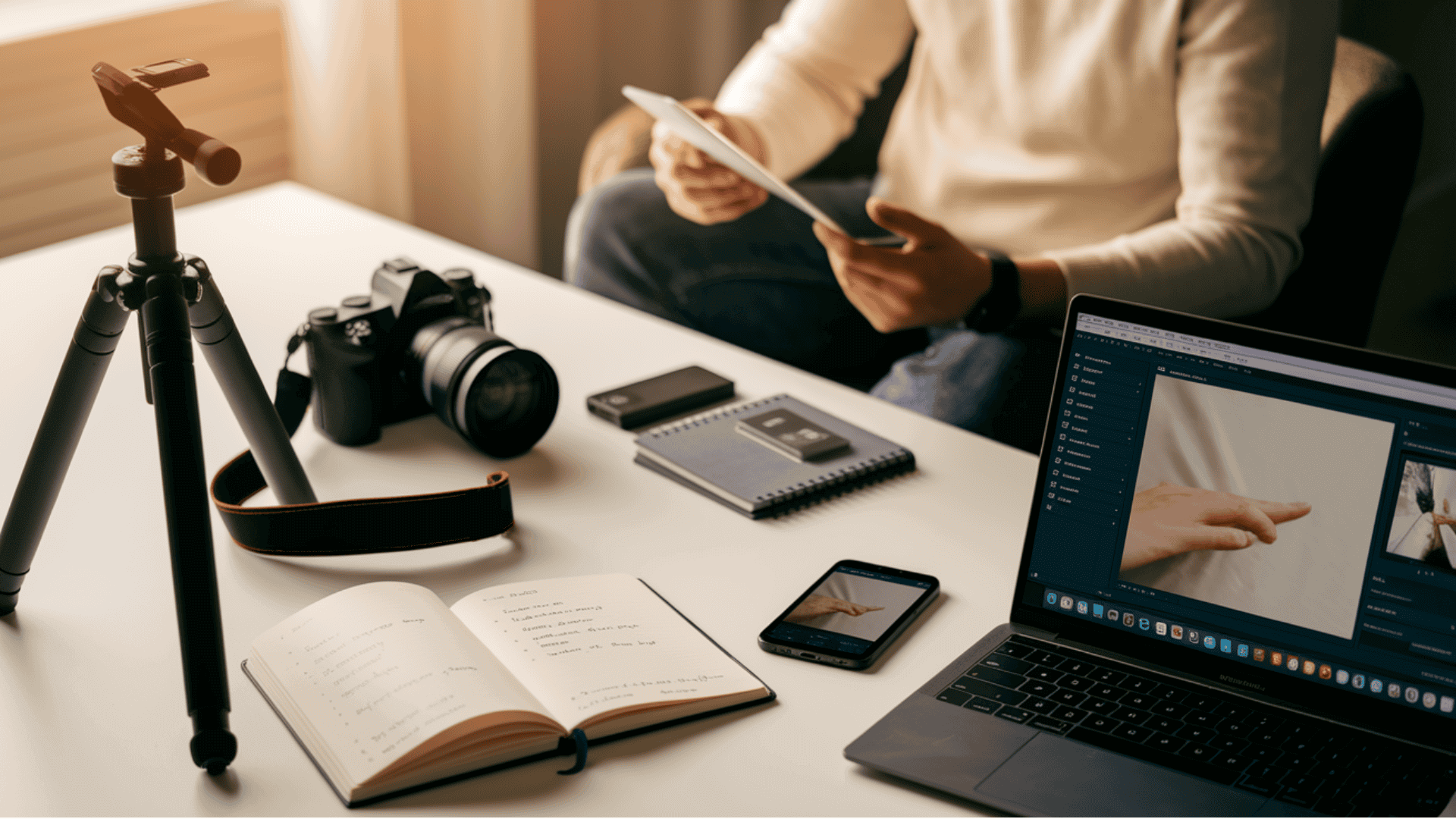
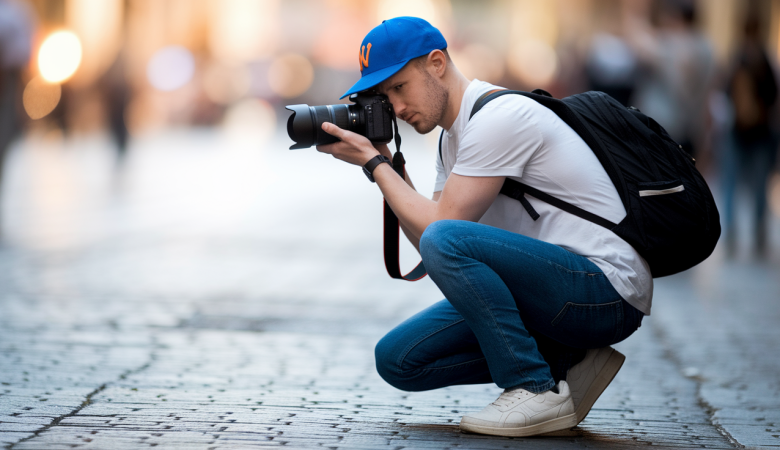
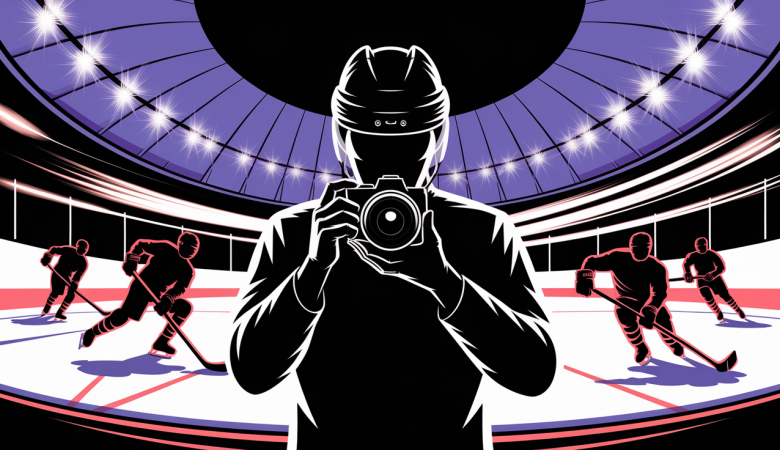
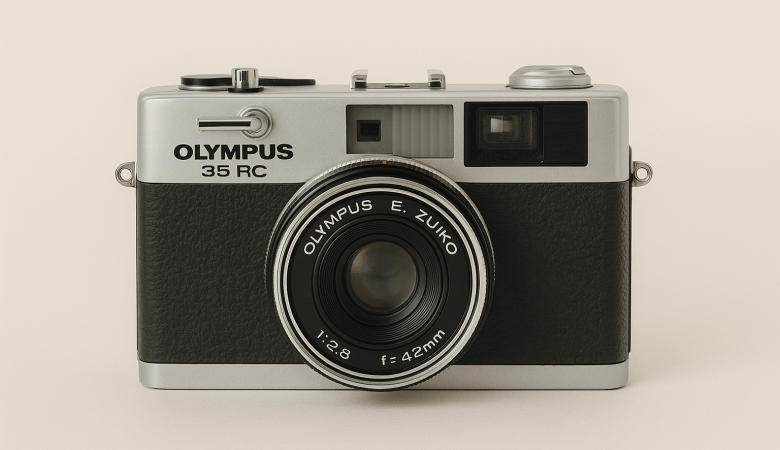
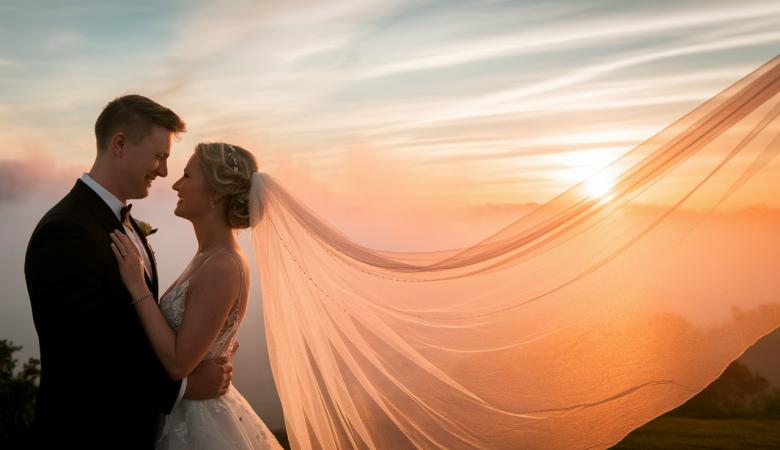
Leave a Reply